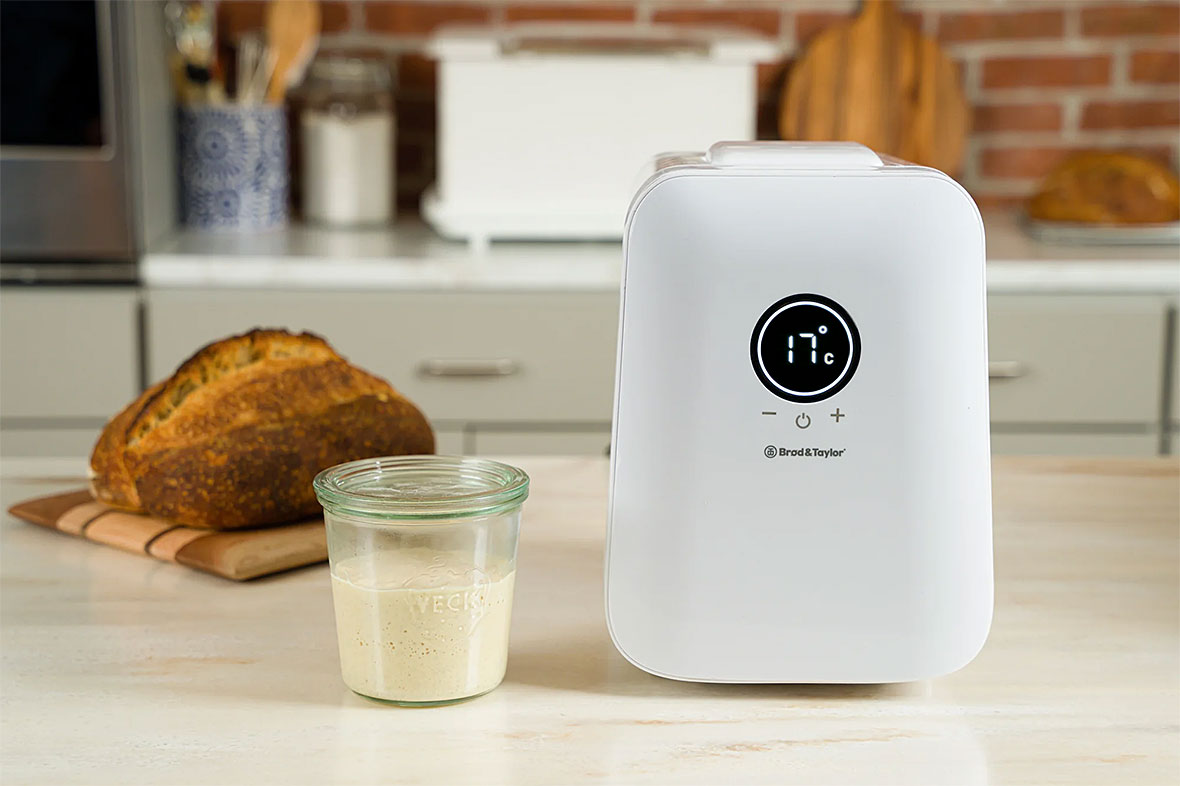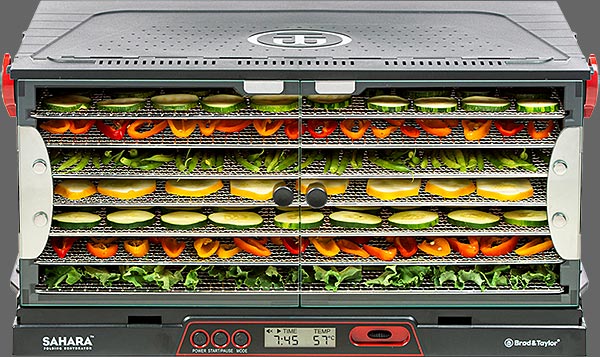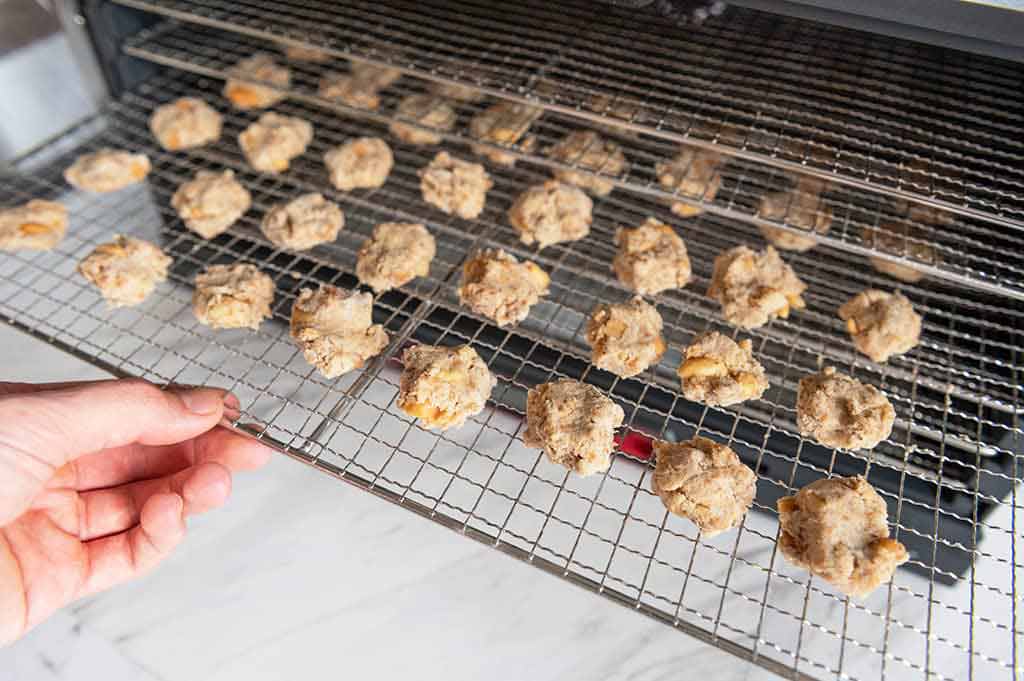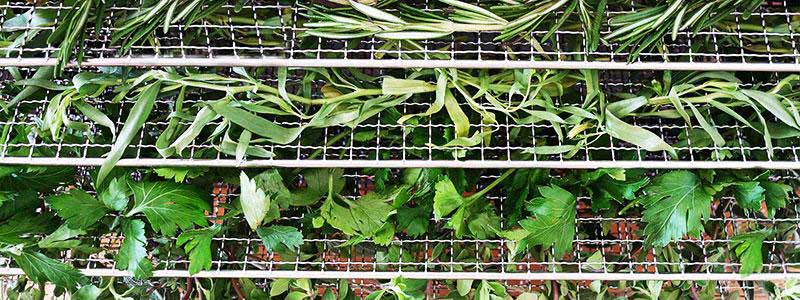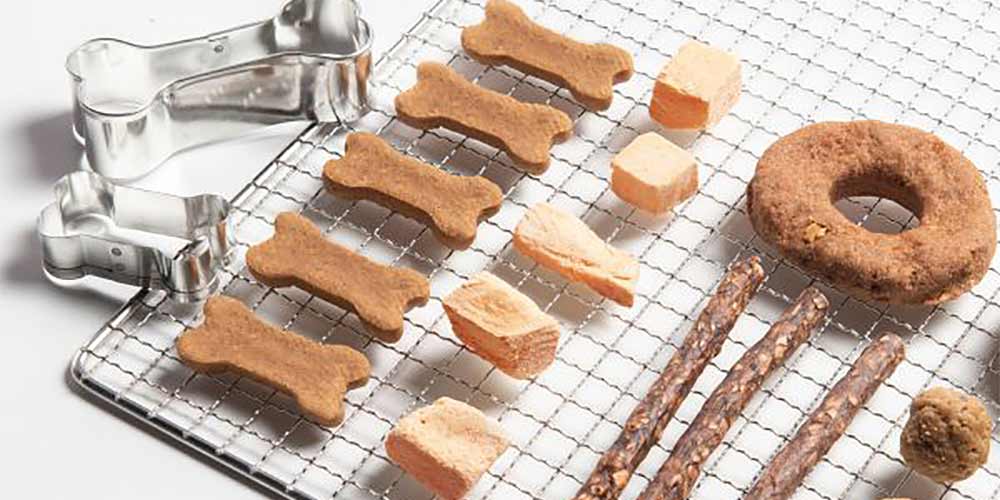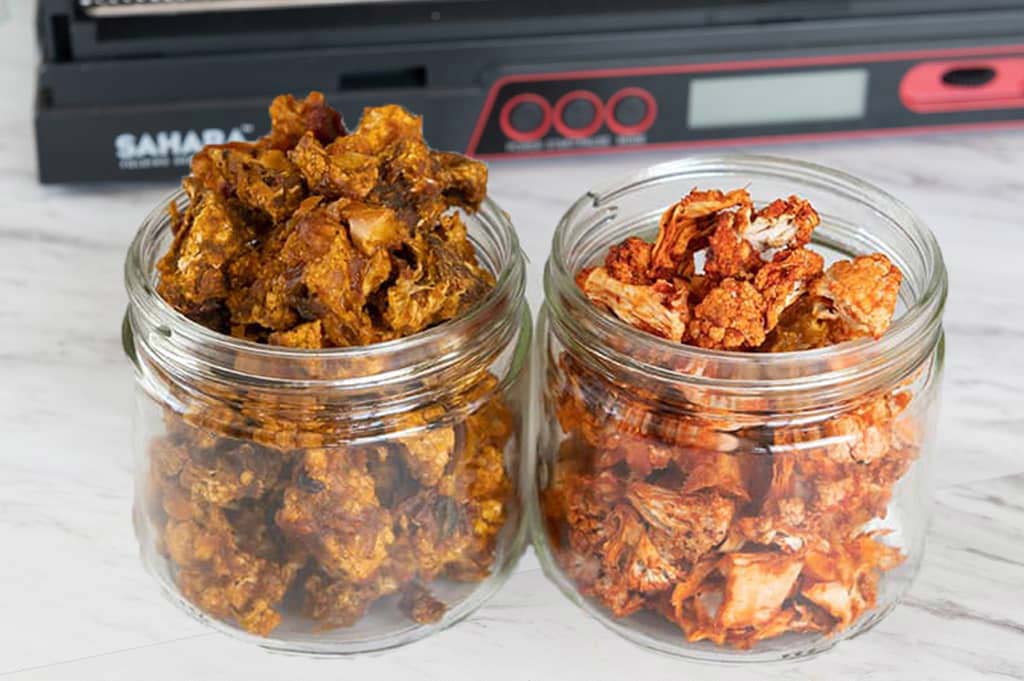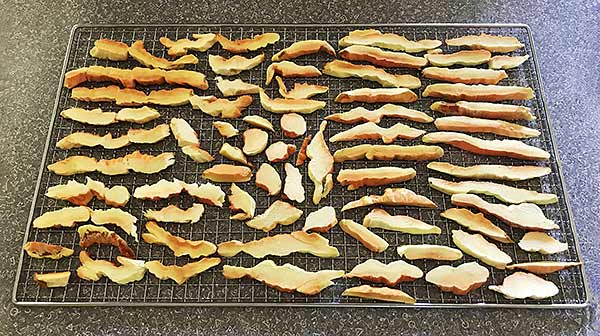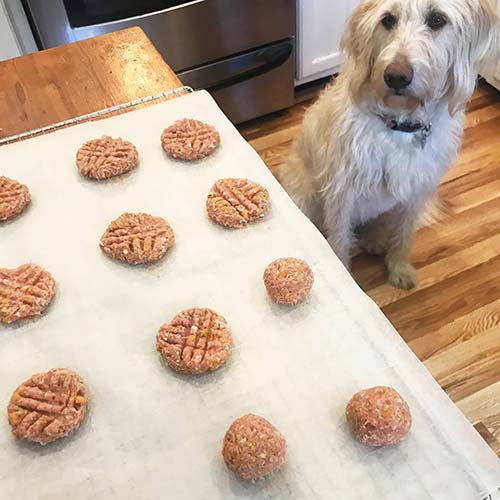U.S. pet owners spent almost $7 billion on treats for dogs and cats in 2019 (market research firm Packaged Facts). In the 2020 stay-at-home COVID world, it will likely be even more. But what is in this mountain of store-bought treats? You may not want to know. The FDA is tasked with regulation and safety of all food, including pet food. But you don’t have to dig very deep to find some really disturbing information.
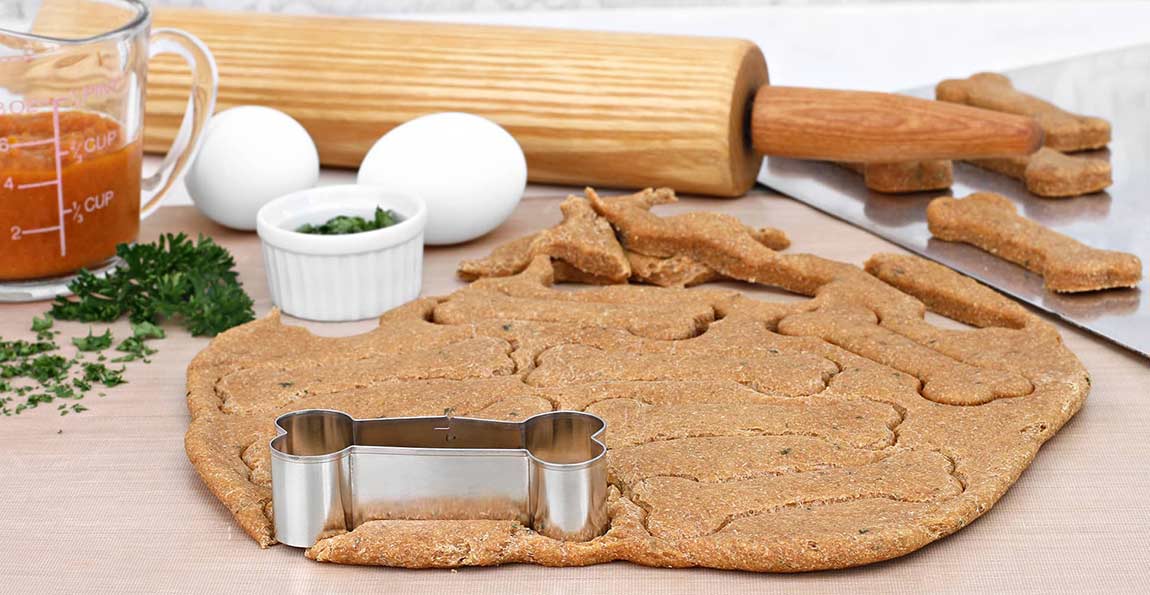

What’s GOOD
Meats, chicken, turkey, carrots, salmon (cooked not raw), pumpkin, sweet potatoes (skin removed), egg yoke or cooked whole egg, apples, oatmeal, peanut butter (careful – NO xylitol sweetener – use only natural), bananas, blueberries, green beans, rice, mango, cantaloupe, garbanzo beans (plain – no hummus)
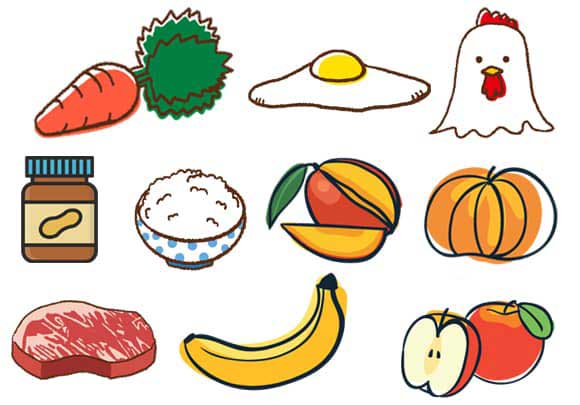

What’s BAD
Avocados, alcohol, raw yeast bread dough, fruit seeds or pits, foods with caffeine, chocolate, cooked bones, grapes or raisins, macadamia nuts, garlic, onions, xylitol (artificial sweetener), milk, mushrooms, walnuts, cinnamon, nutmeg, potato skins, raw potatoes, salty foods
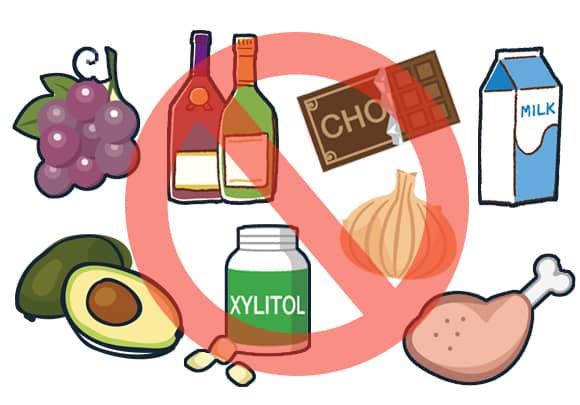
A dog lover’s story

Patrick makes dehydrated foods for his Siberian huskies, Conrad and Cara, using sweet potato and a combination of raw meats. Patrick dehydrates his homemade dog food until crispy and breakable, allowing him to snap off little pieces for his huskies when they behave. Plus, the crunchy treats keep Conrad’s and Cara’s teeth clean and plaque-free.
Patrick uses quality ingredients to fuel his dogs through hikes, adventures, and outback trips but still saves money compared to buying packaged treats. A helpful tip from Patrick: partially freeze your meats for easy slicing before dehydrating. This way you can make uniform thin slices for extra crispy jerky. Then strap a pack to your dog so that your canine can carry their own lightweight food.

 Select Country
Select Country
